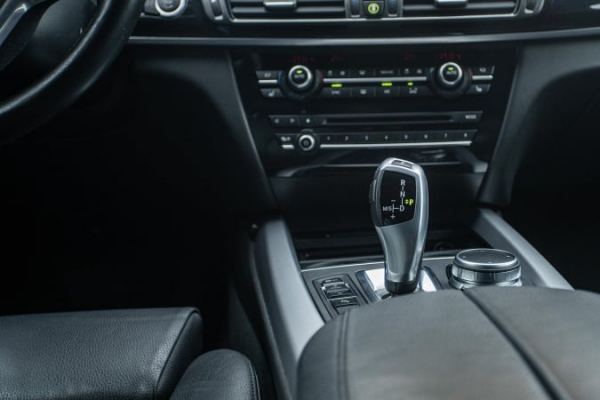German automakers such as BMW, Mercedes-Benz and Volkswagen are not keeping pace with the electric vehicle market, losing profits due to their bet on cars with internal combustion engines. This is reported by the Financial Times.
► Read page “Ministry of Finance” on Facebook: main financial news
Companies are squeezed on both sides as investments in electric and internal combustion engine vehicles squeeze margins. Against the backdrop of growing Asian markets, this poses a huge challenge for the German auto industry.
As noted, the last five years have been difficult for automakers. They suffered from pressure to make decisions to switch to electric vehicle production. Over the past three years, the economic recession, inflation and high interest rates in Germany have added to the problems.
In three years, the number of German first-tier suppliers with more than 20 employees fell from just under 700 to around 615, while more than 30,000 jobs were lost over the same period, according to official statistics.
Some of Germany's biggest companies, such as Schaeffler and Continental, have warned in recent years of more than tens of thousands of job cuts as they try to increase investment in future technologies. Last week, Bosch announced it would cut 1,200 jobs.
Much of the financial pressure facing suppliers comes from the need to invest in electric vehicles while maintaining market share in internal combustion engines.
According to a report by PwC-owned consulting company Strategy&, German suppliers working with automakers spent 16 billion euros on research and development in 2022, a record amount.
According to a report by Lazard and consultancy Roland Berger, profitability of used car suppliers worldwide, a segment dominated by German companies, fell by an average of 3% in the five years to 2022.
Although most German suppliers have large enterprises in China, they mainly work with VW, Mercedes-Benz and BMW. Their customer base has not grown far beyond German car manufacturers, as Chinese brands such as BYD have grown along with their local suppliers specializing in batteries and software.
German suppliers still hold 25% of the global share market, but this figure has decreased by 3 percentage points since 2019. Part, for the most part, is lost in favor of Asian markets, which are more likely to adapt to the new era of electric vehicles. German companies continue to lose share.
At the same time, companies are already looking for ways to reorient production and carry out corresponding operations.

